People often assume that because outdoor playground equipment is exposed to sunshine and rain, as well as other elements, it is clean. This is a misconception. Children who climb, slide, crawl, push, pull, swing and contact playground surfaces may be exposed to germs, bacteria, debris, and just plain disgusting things at higher levels than you may expect. Traces of mucus, sweat, blood, saliva, vomit, feces, and urine left by previous users or animals also have the potential to induce illness. Germs and bacteria can live on surfaces for long periods of time. Little hands, feet or other parts that contact contaminated surfaces can spread illness. About 80% of infections are spread through hand contact.
Testing was conducted between 1999-2003 by researchers at the University of Arizona on a number of environmental surfaces in public areas such as offices, daycares, stores, gymnasiums, airports, movie theaters, and restaurants, as well as personal items. Of the 1,061 environmental surfaces tested, the most contaminated were from children’s playground equipment and daycare centers. Tested playground equipment was contaminated with bacteria at a higher level than the public restrooms.
Self-care help from guardians and caregivers
Parents and caregivers can help with the effort to improve the cleanliness of playgrounds by enforcing hand-washing, or the use of hand sanitizers, before and after the use of playground equipment. Forming a regular hand-washing habit will do wonders in the long run to prevent the spread of illness. According to the Centers for Disease Control and Prevention, handwashing can reduce the spread of respiratory viruses such as COVID-19 and diarrheal illnesses and help you and others stay healthy.
Other good hygiene habits that will help reduce harmful items such as germs and bacteria on playgrounds include regular visits to restrooms (for diaper changes as well as the use of the facilities), followed by handwashing. Covering the mouth when coughing/sneezing, and wiping/blowing noses using a tissue which is then thrown away will also help avoid the spread of disease. Avoiding touching the mouth, nose or eyes while on the playground and throwing away debris in trash containers are other personal hygiene habits that can be taught to children. These hygiene basics are tough to enforce with young children but can go a long way in reducing unhealthy germs on a playground.
Owners and operators should help keep playgrounds clean
Owners and operators of playgrounds face the challenge of keeping playground surfaces clean without creating a hazard for users and without damaging equipment and surfacing. Posting signage to encourage hand-washing before and after playground use, providing easy access to bathrooms and hand-washing facilities, as well providing hand-sanitizer stations at the entrance to a playground and trash receptacles are great ways to promote good hygiene habits.
Trash receptacles should be located in close proximity to the playground and emptied on a regular basis. Trash, weeds, graffiti, debris, and animal waste need to be removed from a playground area regularly to assure the health and safety of the users. Keeping playgrounds clean is an important part of a comprehensive maintenance plan, just like the City of Aurora, Colorado created a Playground Sanitation Program. Covering sandboxes is also important, as the sand can become contaminated by animal waste, making the area unsafe for children to play in.
Cleaning playgrounds
Cleaning, disinfecting, and sanitizing require the use of chemicals. The playground equipment manufacturer should be contacted prior to the selection of cleaning agents. The goal is to locate products that are safe for people (guests and staff), animals, and the environment. Selecting the right types of products to use will reduce the risk to everyone, and prevent damage to playground equipment and surfacing. Using the wrong type of cleaning product can remove paint, destroy surfaces, and cause other damage. Harsh chemicals like bleach or chlorine should not be used on plastics, to avoid damage to the equipment and to limit exposure to people. Degreaser should not be used to clean plastics, domes, or windows as it can cloud and permanently alter these materials. Some paper towels can scratch the surface of a dome or window and should not be used.
Look for EPA-recommended products approved for use by your playground manufacturer that is non-toxic, and will clean and kill germs, bacteria, fungi, and other microorganisms. Power washing is one method used to clean public playgrounds, which is more practical on large outdoor playgrounds than hand-wiping equipment. Sand sifting and sanitizing is a method that can be used to remove hazards and clean sand, to reduce the risk of illness and injury. Some playground owners and operators may have the resources necessary to clean, sanitize and disinfect playgrounds on a regular basis on their own. Others may contract with one of many third-party providers for cleaning of playground equipment and surfacing. Whether cleaning is done in-house or contracted out, it needs to be consistently completed and documented for the safety and health of users.



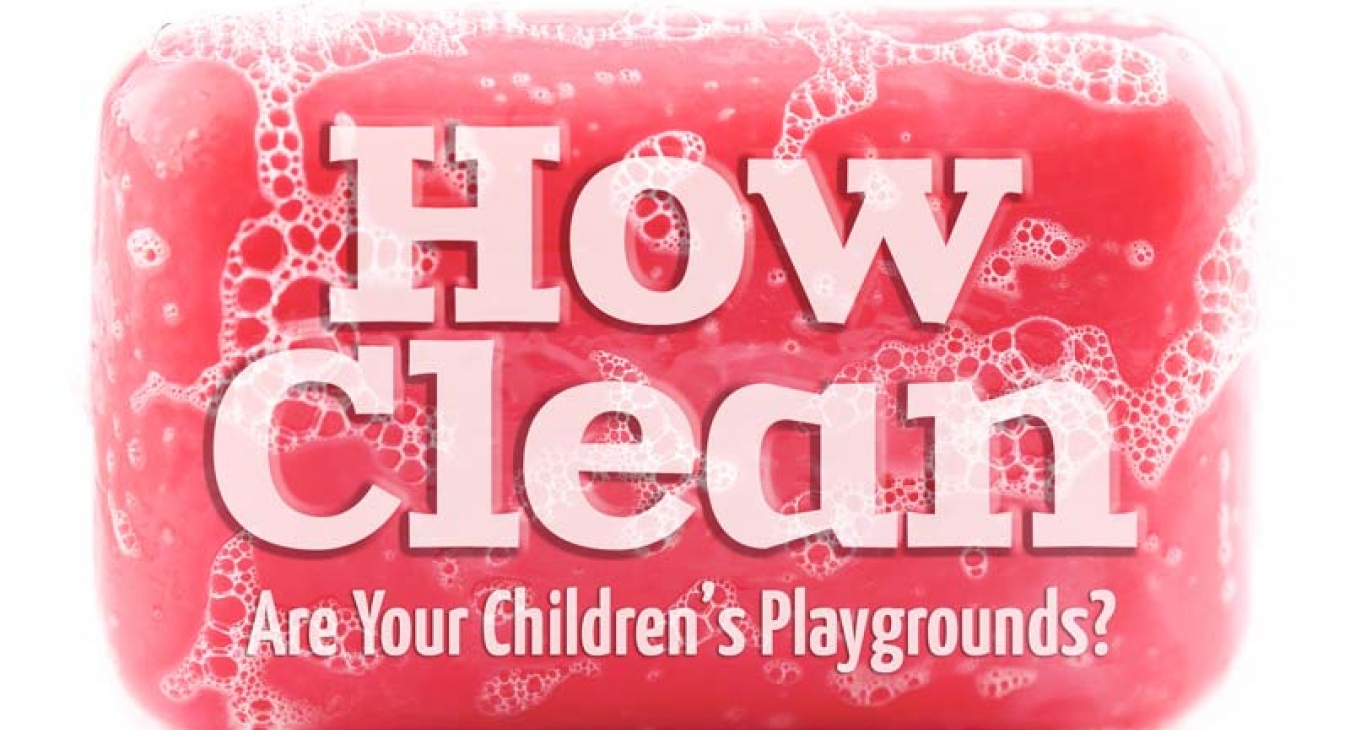
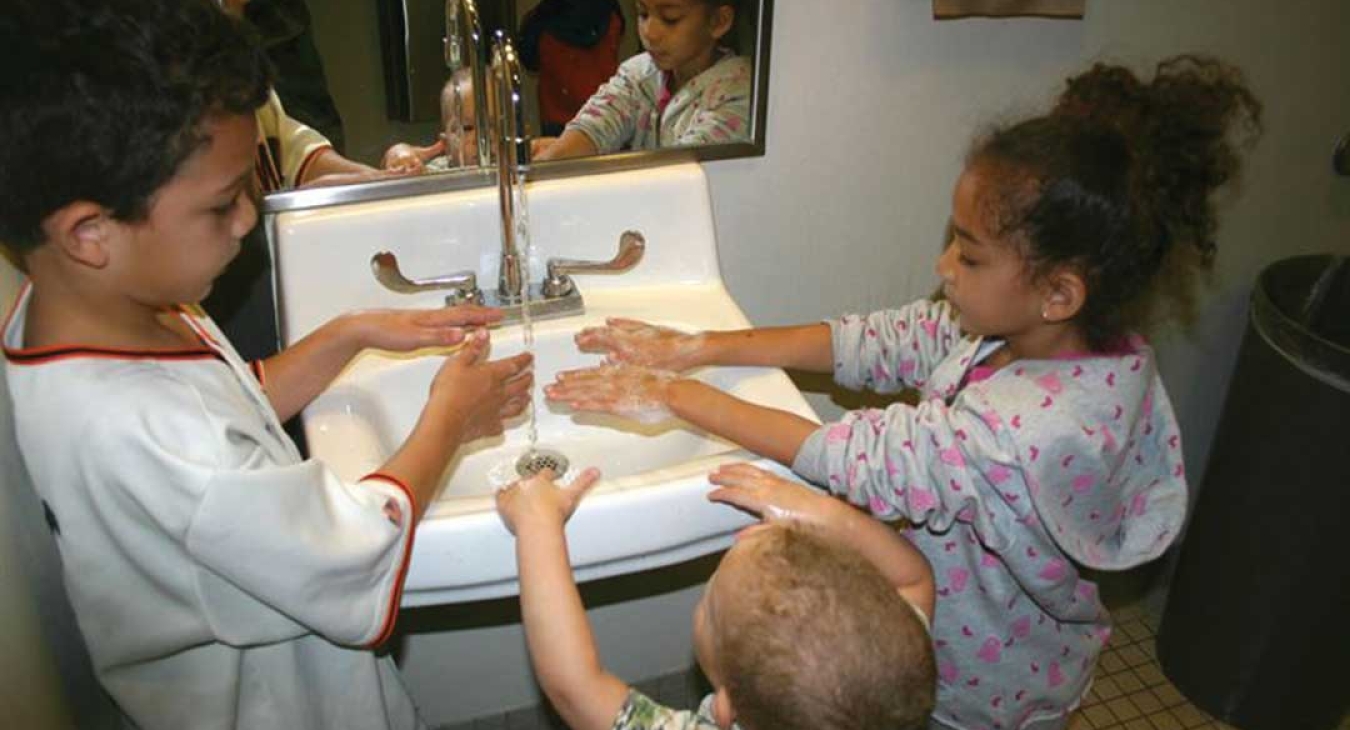
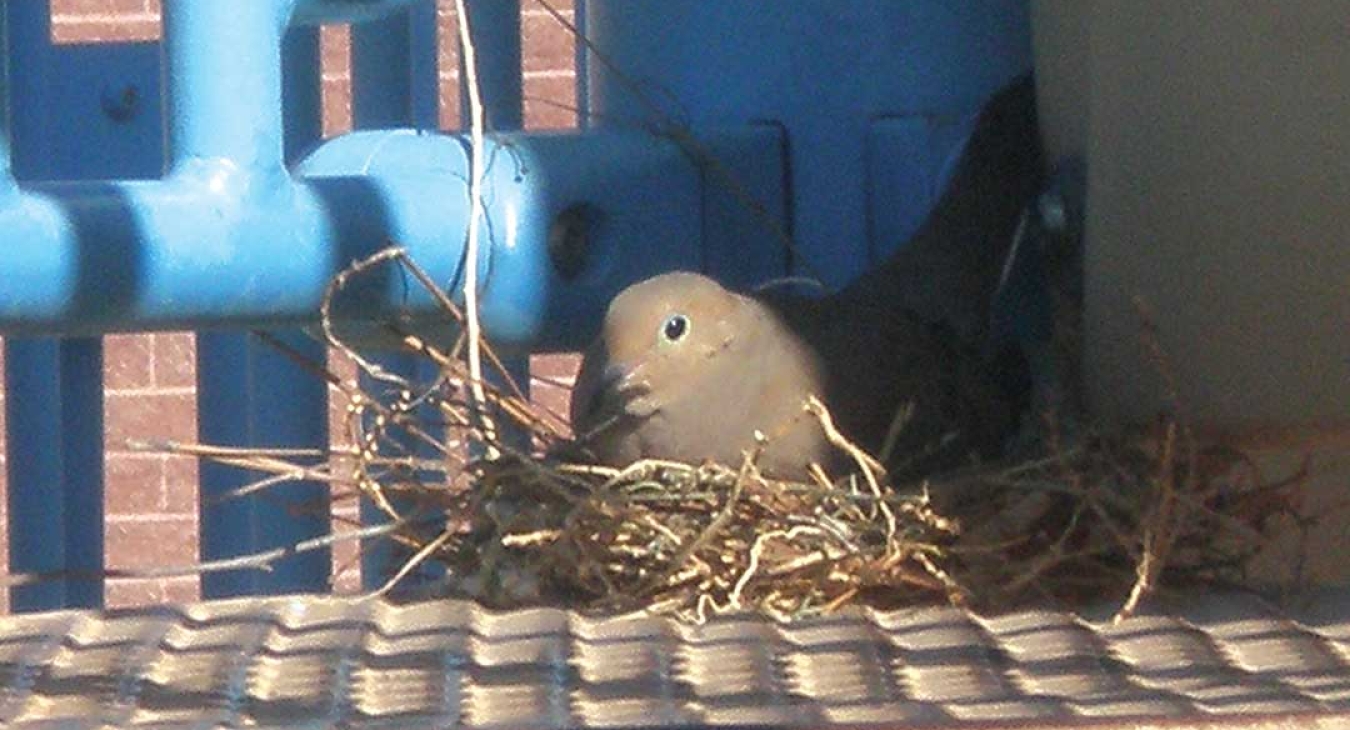
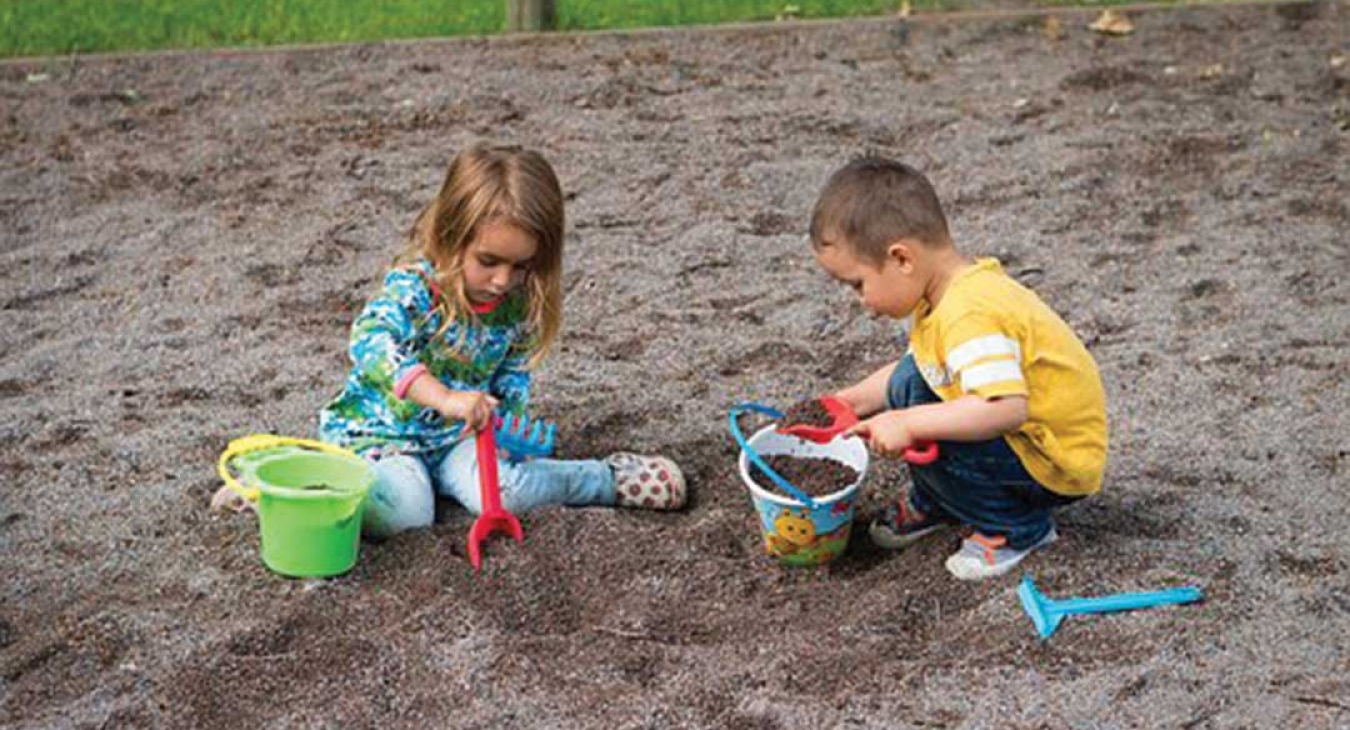
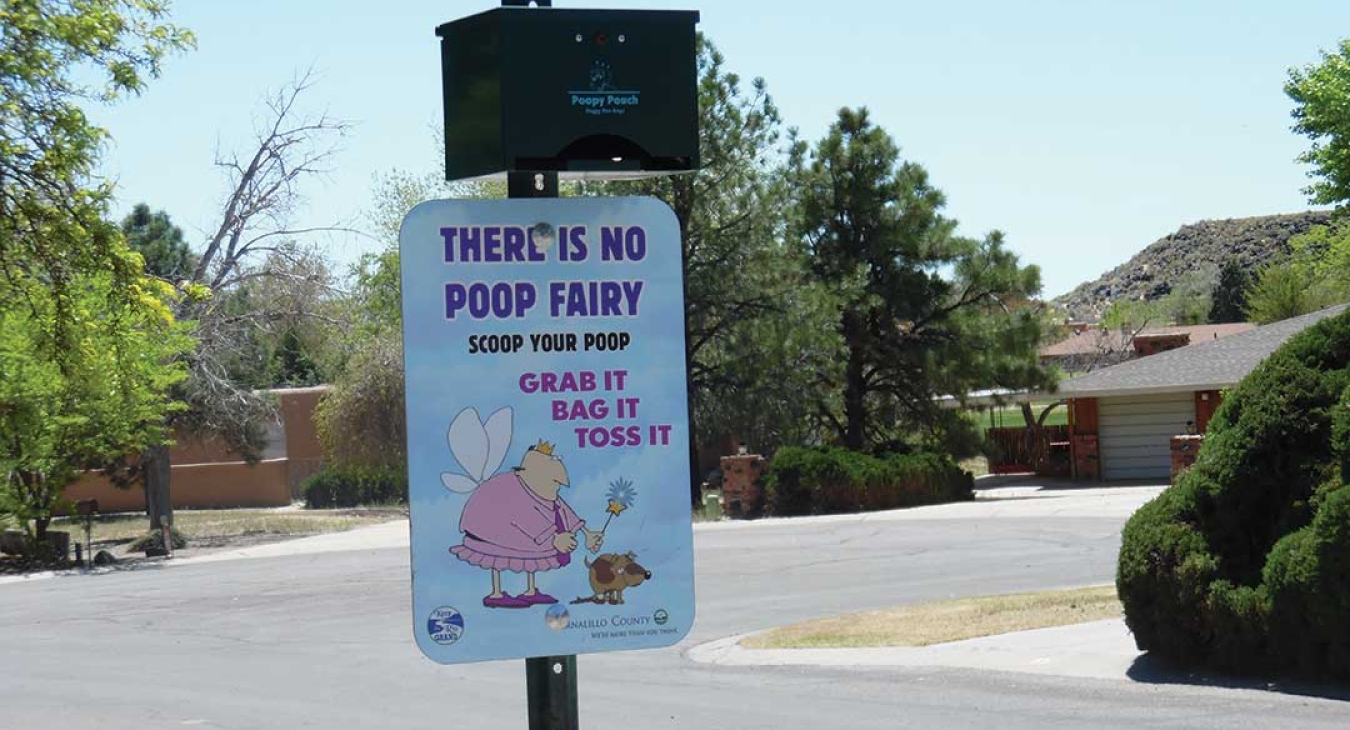
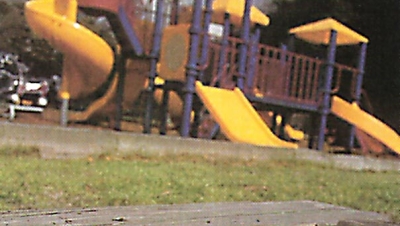
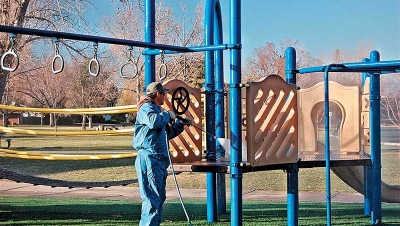
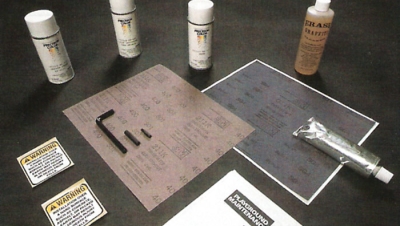



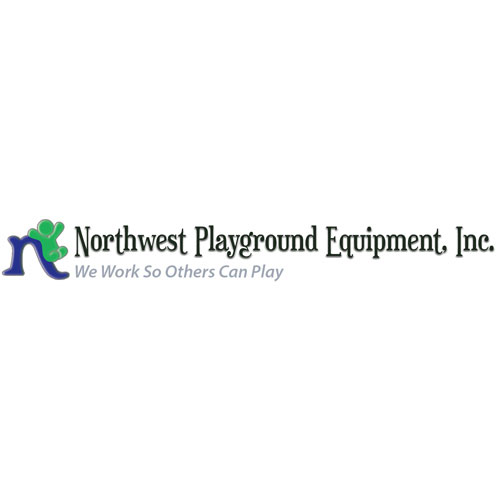


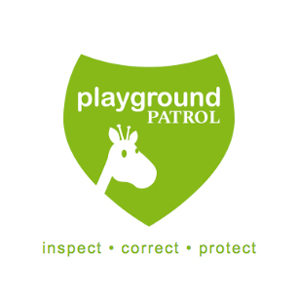
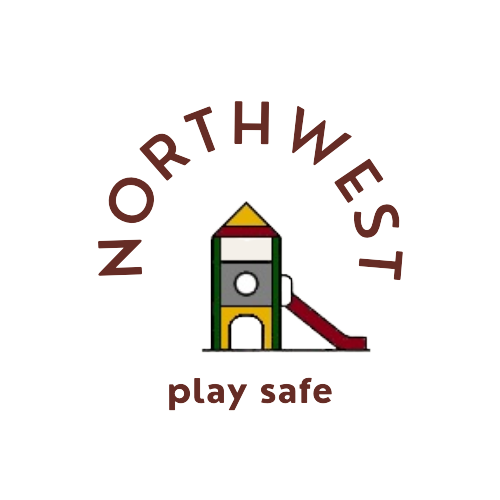

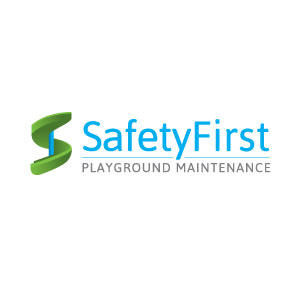

Add new comment